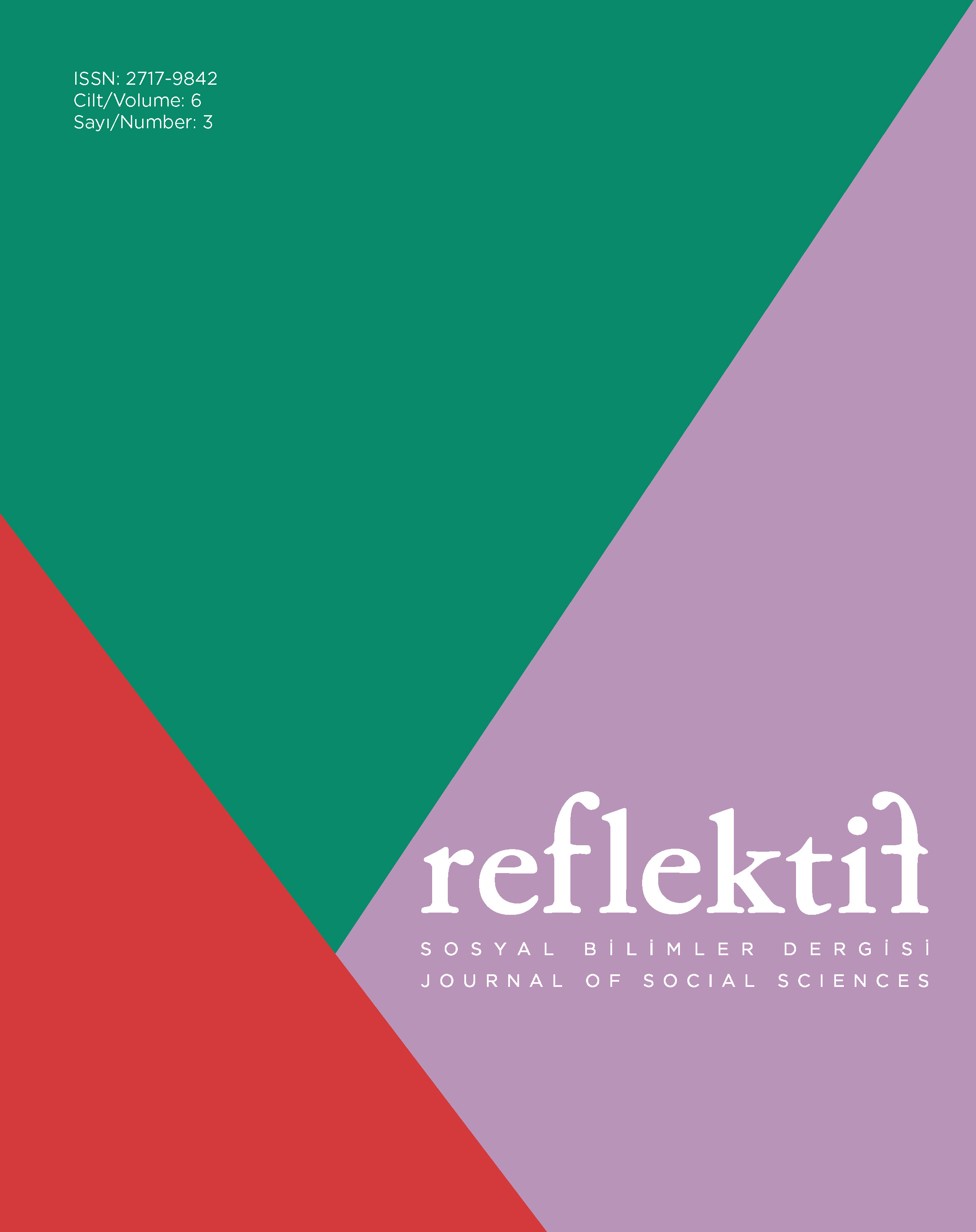Effects of the February 28, 1997, Postmodern Coup on Turkish Political Life
DOI:
https://doi.org/10.47613/reflektif.2025.254Keywords:
coup, media, postmodern, secular, sharia, secukarAbstract
Throughout Turkey’s political history, democracy has not been practiced at various intervals and for various reasons. Coup periods in particular appear to be problematic for democracy and human rights. On the one hand, coups put pressure on political actors, while on the other hand, they cause Turkish society to experience dilemmas in many areas. This study examined the process in which the then-government was forced to resign as a result of the National Security Council’s (MGK) decisions dated February 28, 1997, which is described as a postmodern coup in political terms. In addition, the study investigated the impact of influential actors such as the army and the media in this process and the limits of the outcomes of this process on social life. February 28 was a period of societal mobilization during which a section of society was targeted through the media, and finally, with a directive given by the military, civilian politics was shelved and authoritarian rule was experienced.
Downloads
Published
How to Cite
Issue
Section
License
Copyright (c) 2025 Eray Göç

This work is licensed under a Creative Commons Attribution-ShareAlike 4.0 International License.
All manuscripts which are submitted to the REFLEKTIF Journal of Social Sciences should not be published, accepted and submitted for publication elsewhere.
In case an article is accepted for publication it is allowed to combine the article with other researches, to conduct a new research on the article or to make different arrangements on condition that the same license is used including the commercial purpose.
As an author of an article published in REFLEKTIF Journal of Social Sciences you retain the copyright of your article and you are free to reproduce and disseminate your work.




